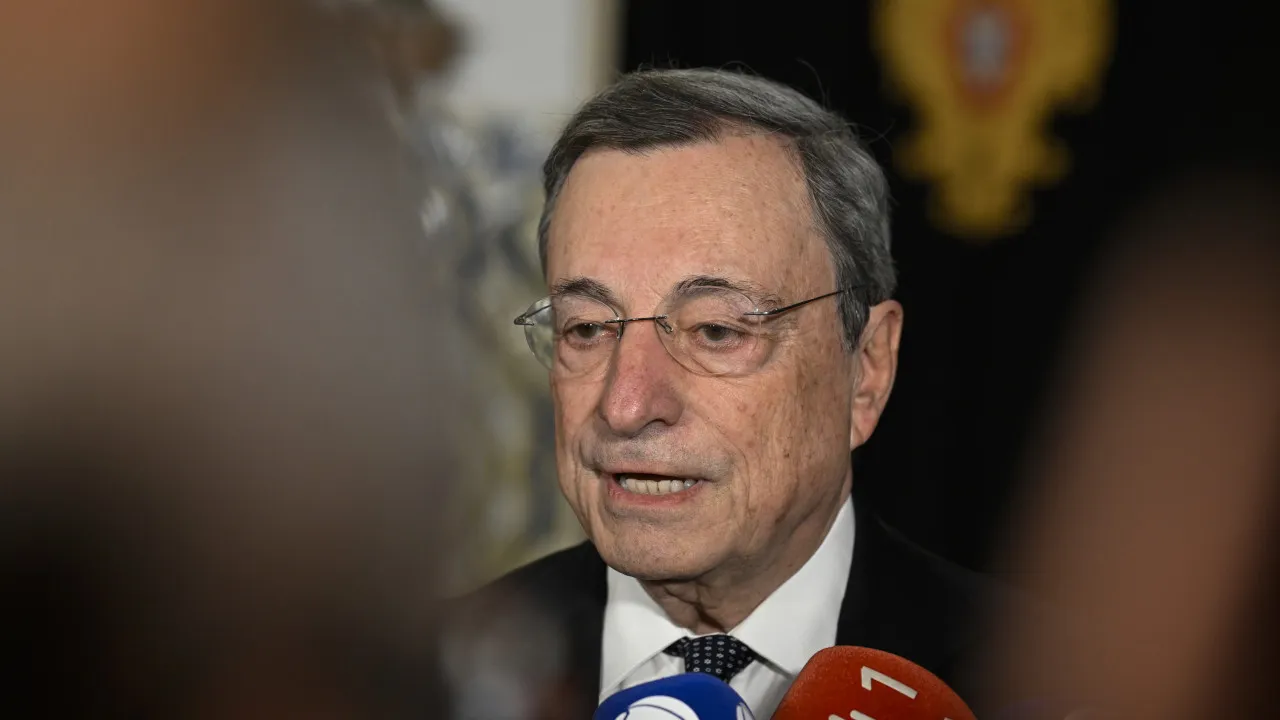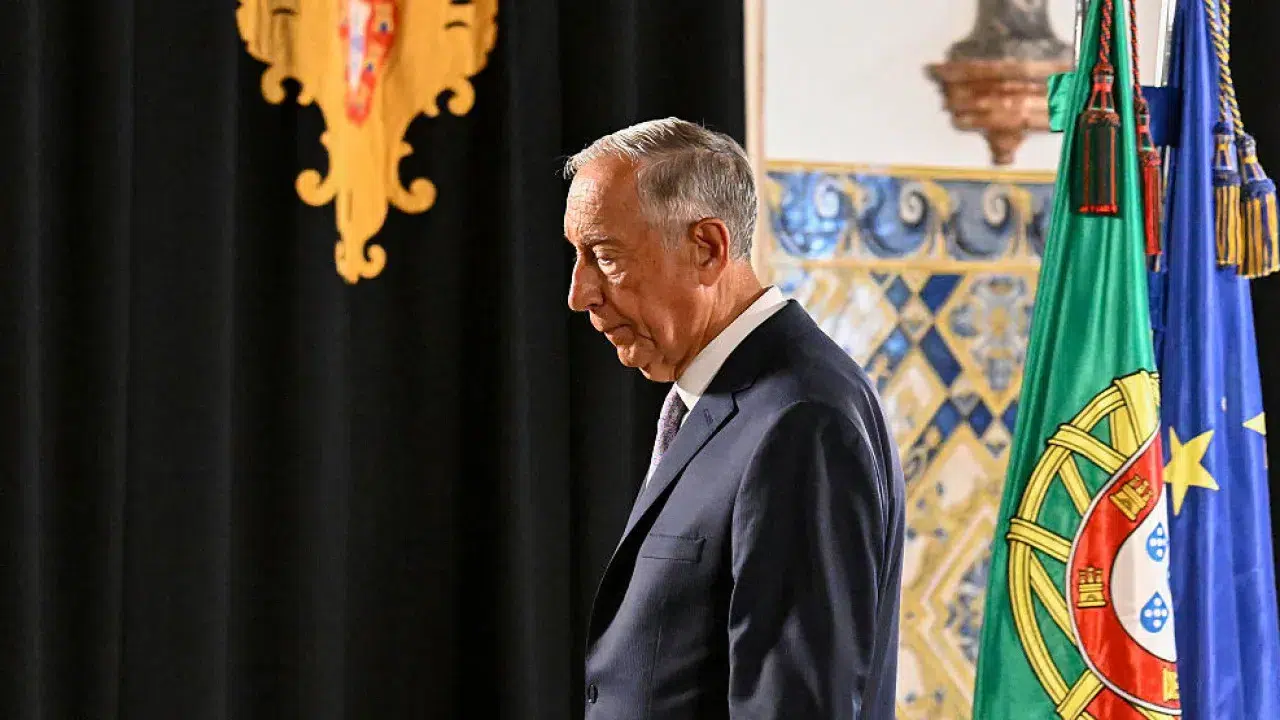
During a forum titled “Meeting for Friendship Among Peoples” in Rimini, northern Italy, economist and former Italian Prime Minister Mario Draghi remarked that the year would be remembered as when the perception of the European Union’s geopolitical power in international trade, stemming from its economic size and 450 million consumers, vanished.
Draghi expressed regret over the EU’s resignation to tariffs imposed by its primary ally, the United States.
The former president highlighted that the EU was “pressured” to increase military spending for its defense and has played a minimal role in the peace negotiations for the ongoing war in Ukraine, which began in 2022.
Despite providing significant financial contributions to the Ukrainian war effort and having a critical interest in a just peace, Draghi noted that the European Union has so far played a limited role in peace negotiations.
Draghi further warned that China openly supported Russia’s war efforts in the Ukrainian invasion and expanded its industrial capacity to recover surplus production in Europe, particularly as the U.S. market remains constrained by tariffs from the Trump administration.
He criticized Europe’s passive stance during the bombing of Iranian nuclear facilities and the intensification of the Gaza massacre.
The ex-president of the European Central Bank stressed that the EU’s “economic size” alone would not ensure geopolitical strength, pointing to growing skepticism among citizens.
He mentioned that skepticism toward Europe has reached new heights, yet it is crucial to address the reasons behind this.
Draghi indicated that Europeans do not distrust the founding values of the EU like democracy, peace, freedom, or independence, but the rising European skepticism stems from the alleged inability of the EU to robustly protect them.
According to Draghi, political organization models, especially supranational ones, arise to solve contemporary problems, and they must evolve when circumstances change significantly.
Draghi underlined that the EU was established post-World War II because, during the early 20th century, the nation-state political organization model failed many countries in upholding their values.
The European Union represented an evolution addressing the urgent issue of Europe’s propensity for conflict, and he argued it is unsustainable to suggest that a better situation would exist without the EU.




